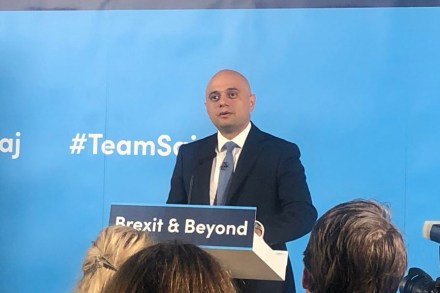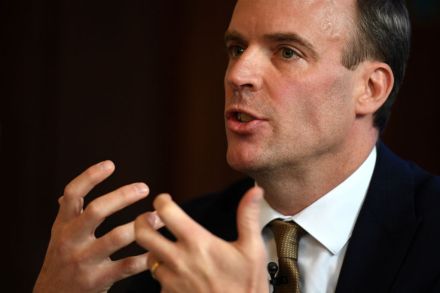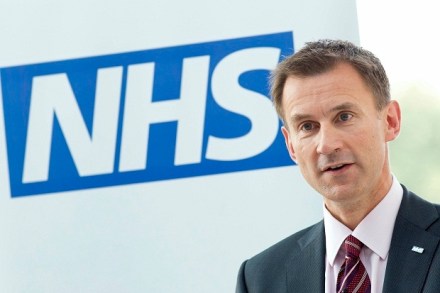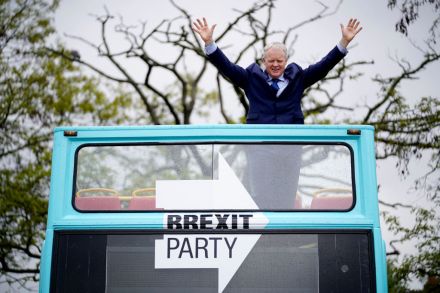Is an autumn election inevitable?
There’s a joke going around the various warring tribes in the Tory leadership contest. They might not win this time, they tell each other, but not to worry: ‘We’ll all meet again in November.’ The point is that whoever succeeds Theresa May is doomed: the 31 October deadline will pass not with Britain leaving the European Union but with a political crisis and a general election that will be won by Jeremy Corbyn. After that, the Tories will in a few months go through the whole process again — this time to pick a leader of the opposition. ‘We’re using this leadership campaign as a test run for when the



















